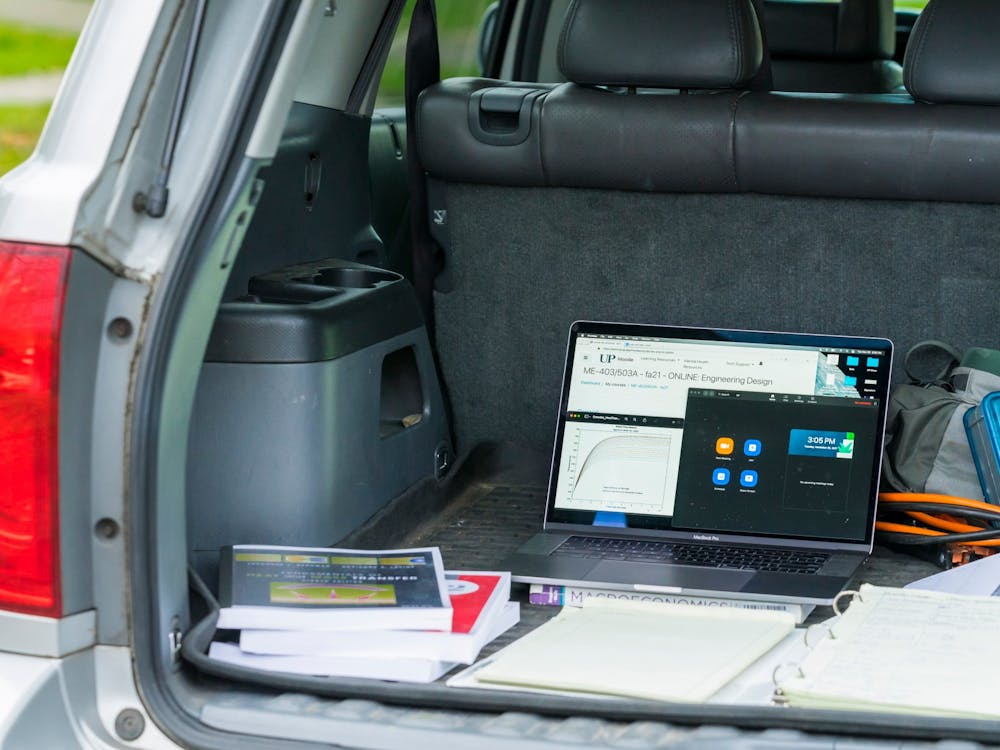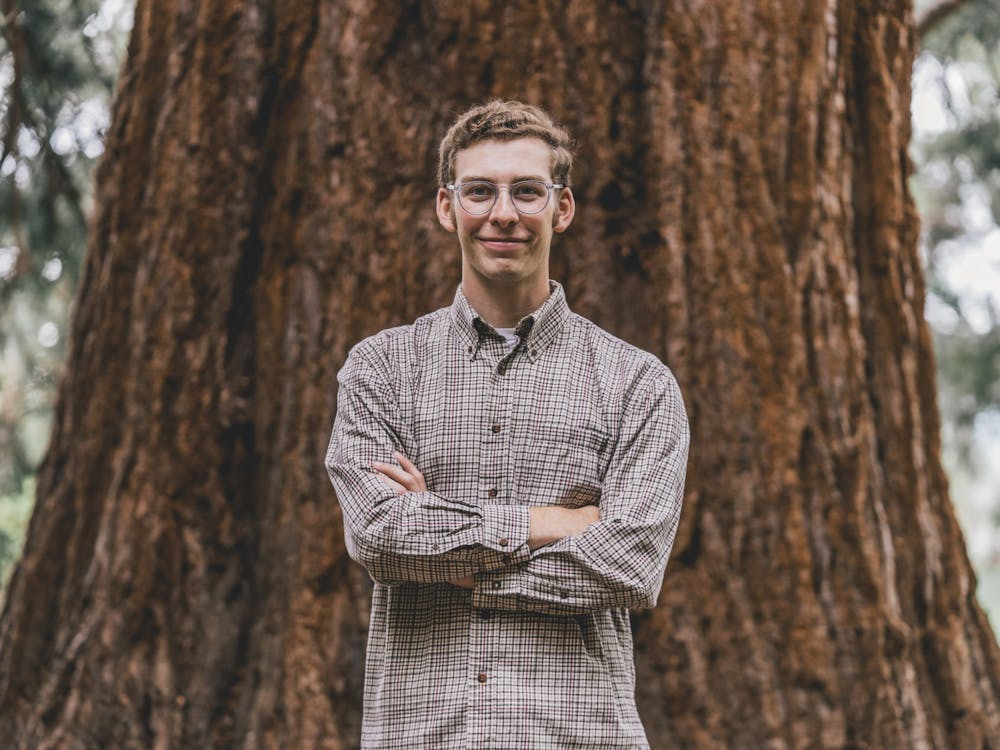By Paul Henri, Guest Commentary -- The Beacon
An article last week detailing poverty led me to respond since I had a personal eye-opener at the hunger awareness dinner myself. I recently traveled into the heart of an Afghanistan village. We rode through rutted dirt among people walking, people riding horse carts, and the occasional vehicle stuffed with more passengers than seemed prudent. It's hard to imagine Afghan village life without two words: dirt and mud. These are some of the more striking moments:
While riding, I noticed meat – unrefrigerated – hanging outside mud huts serving as stores. When I asked, the gunner joked about dog steaks. Taking a closer look I realized he wasn't joking. A street dog rapidly becomes dinner when you're hungry.
When we reached our destination – a small compound in the village – I talked to residents about their experiences. I learned that a single dollar given to a child will buy new shoes and enough rice to cook for a week.
When we left the compound we walked through a vehicle inspection point on the streets. We walked carefully in zig-zags. Not because of threats, but because of human feces on the ground. Without sanitation systems, biohazards abound. This was made more striking while passing a child covered in grime, dipping his hands into a bag of chips. I thanked God for being born American. Our homeless live better than this.
Next, a child who couldn't have been older than four years old approached me. He made the sign for smoking – two fingers to the lips, then blowing out.
"You smoke?" I asked.
"Yeah! Cigarettes! You give!" he said in broken English. This bothered me, but not as much as realizing with a life expectancy of 43.9 years, this child will never worry about cancer.
I talked to a merchant. His father had been married three times. When I remarked I thought divorce was "not good" in Afghanistan, he shook his head. The first wife was murdered by the Taliban. The second wife –his mother – stepped on a landmine. There were no tears during this recounting of his mother. Dying violently is a part of life in many places. It's not the exception, it's the expectation.
We had lunch with some Afghans. Potatoes with grease from some unknown animal. Flat bread. Rice. We drank our bottled water. Water from Afghanistan would make us sick.
If you're looking for an answer in this, I don't have one. The Afghans are beautiful and proud. They hang a lot of value on honor. They live through so much and carry on with no self-pity. When a friend asked me how I deal with the struggles of Afghanistan, I told her, with a cheerful disposition: "It's the people. I love the people."
Their needs are basic: food, water, shelter, security and electricity. Very small donations to charities in Afghanistan go a LONG way to make things better for people. So maybe that's the answer for we who are blessed: understand, love and give.
Paul Henri is a UP alumnus with a degree in Physics. He has been working in Afghanistan for five months.







